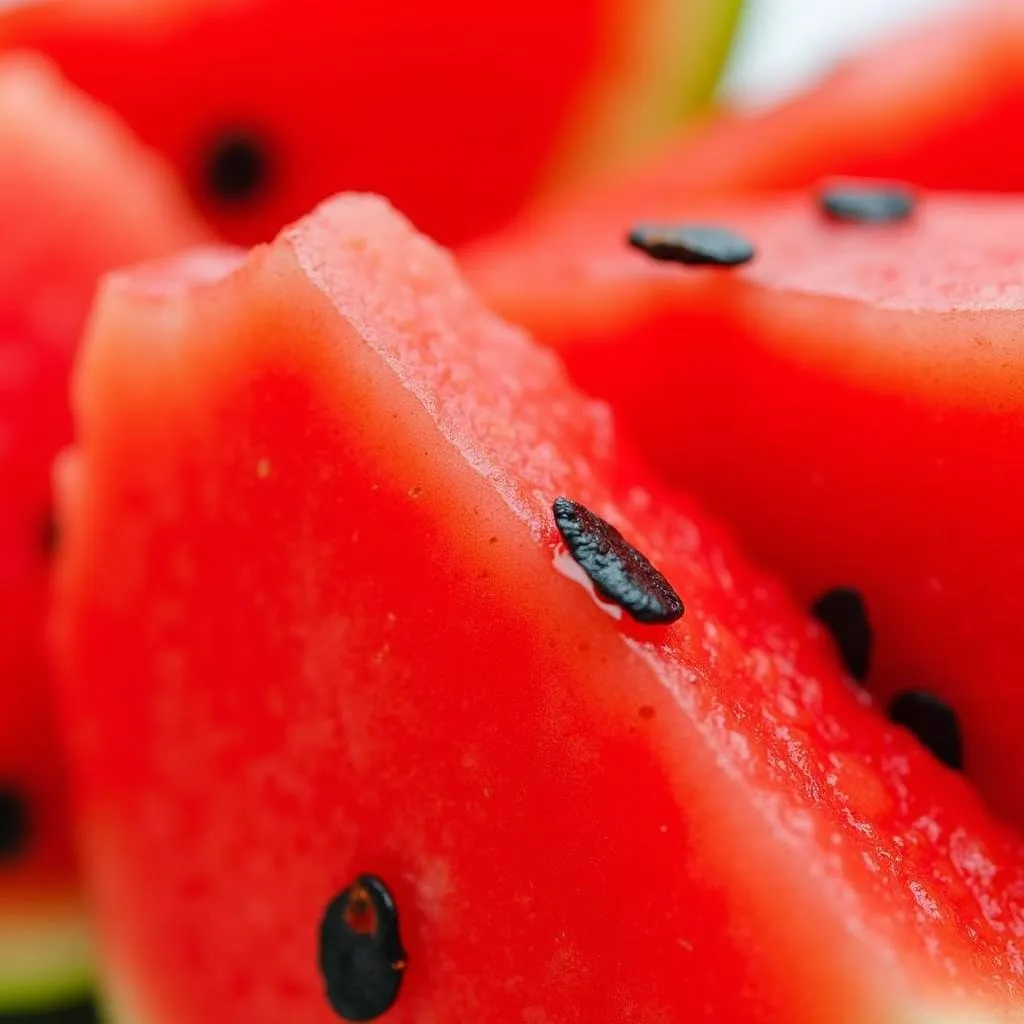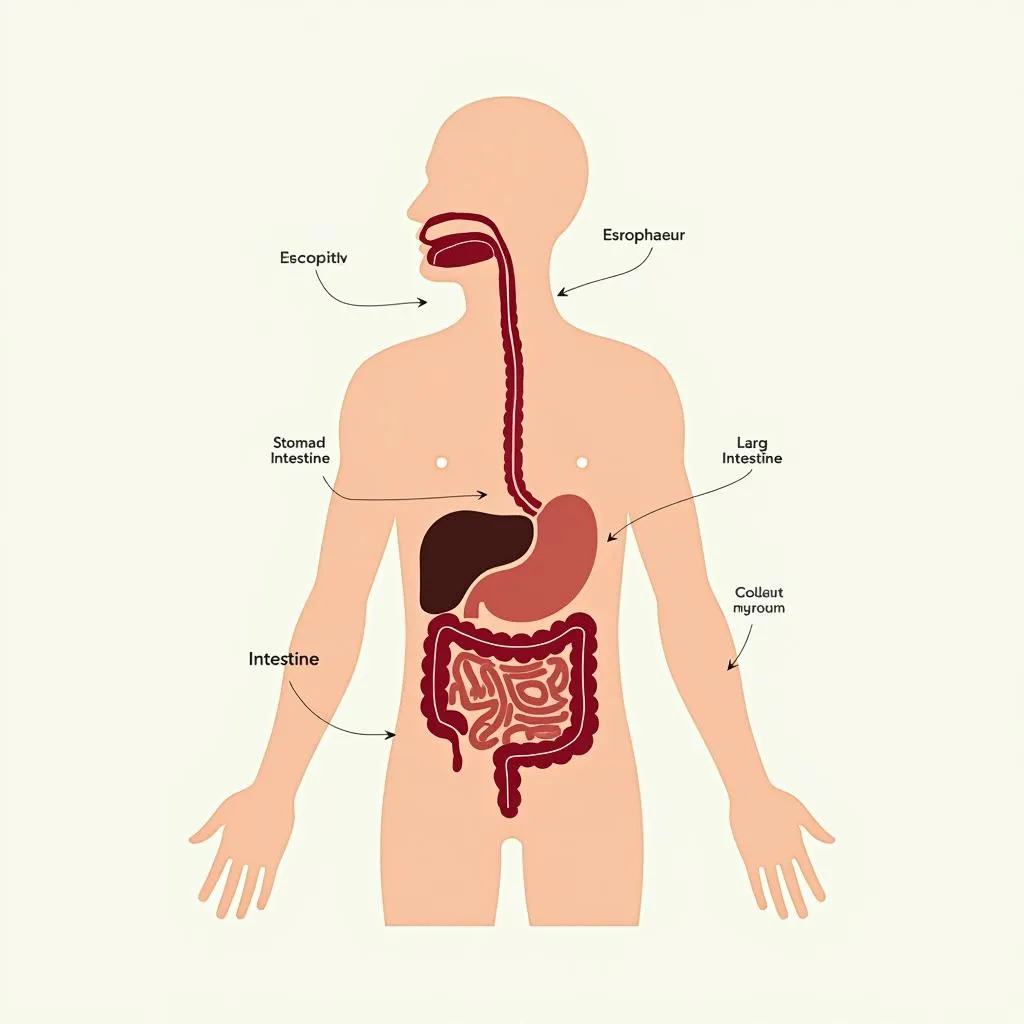You may have heard whispers about watermelon turning your poop red. But is there any truth to this fruity rumor? Let’s dive into the juicy details and separate fact from fiction.
Understanding the Link Between Food and Stool Color
The food we eat contains natural pigments that our bodies can’t fully break down. These pigments, along with bile produced by the liver, contribute to the color of our stool. While brown is considered the “normal” hue, variations in shade and even temporary color changes can occur based on our diet.
Watermelon’s Pigments: Lycopene and Beta-carotene
Watermelon gets its vibrant red color from a powerful antioxidant called lycopene. It also contains beta-carotene, a pigment found in many red, orange, and yellow fruits and vegetables. Both lycopene and beta-carotene can influence stool color, but not always dramatically.
So, Can Watermelon Change Your Poop Color?
The short answer is: It’s possible, but not always noticeable.
Here’s why:
- Quantity matters: Eating a small slice of watermelon is unlikely to have a significant impact on your stool color. However, consuming large quantities, especially over several days, might lead to subtle changes.
- Individual variation: Our bodies process food differently. Some people might experience a slight reddish tint after a watermelon feast, while others won’t notice any difference.
 Slices of watermelon
Slices of watermelon
Other Causes of Red or Pink Poop
Before you blame the watermelon, it’s important to consider other potential culprits behind a change in stool color:
- Beets: These vibrant root vegetables are notorious for turning poop red or pink.
- Foods with red food coloring: Candies, drinks, and processed foods with red dyes can also alter stool color.
- Blood in stool: While less common, red or maroon-colored stool can indicate bleeding in the digestive tract. If you notice bright red blood, black stools, or experience abdominal pain, consult a healthcare professional immediately.
 Human digestive system diagram
Human digestive system diagram
When to See a Doctor
While slight color variations are usually harmless, it’s essential to seek medical advice if you experience:
- Sudden or severe changes in stool color
- Black, tarry stools
- Blood in your stool
- Abdominal pain, cramping, or discomfort
Conclusion
While indulging in a delicious watermelon might lead to subtle changes in stool color for some, it’s generally not a cause for concern. Remember, a balanced diet and staying hydrated are key for healthy digestion. If you’re worried about any changes in your bowel movements, don’t hesitate to reach out to a healthcare professional.
FAQ
1. Can watermelon make my poop watery?
Watermelon has a high water content, so eating large amounts might temporarily soften your stool. However, it shouldn’t cause persistent diarrhea.
2. I ate a lot of watermelon, and my poop is orange. Is that normal?
While lycopene is responsible for watermelon’s red color, it also contains beta-carotene, which can give stool a yellowish or orange tinge.
3. How long does it take for food to affect stool color?
It typically takes 24 to 72 hours for food to travel through your digestive system and affect stool color.
4. Can other fruits change my poop color?
Yes, fruits like blueberries and blackberries can cause a dark blue or black hue due to their pigments.
5. I’m concerned about the color of my stool. What should I do?
If you have any concerns about your bowel movements, it’s always best to consult a medical professional.
Need help with your color choices?
Contact us at:
Phone: 0373298888
Email: [email protected]
Address: 86 Cầu Giấy, Hà Nội.
We have a 24/7 customer support team ready to assist you.